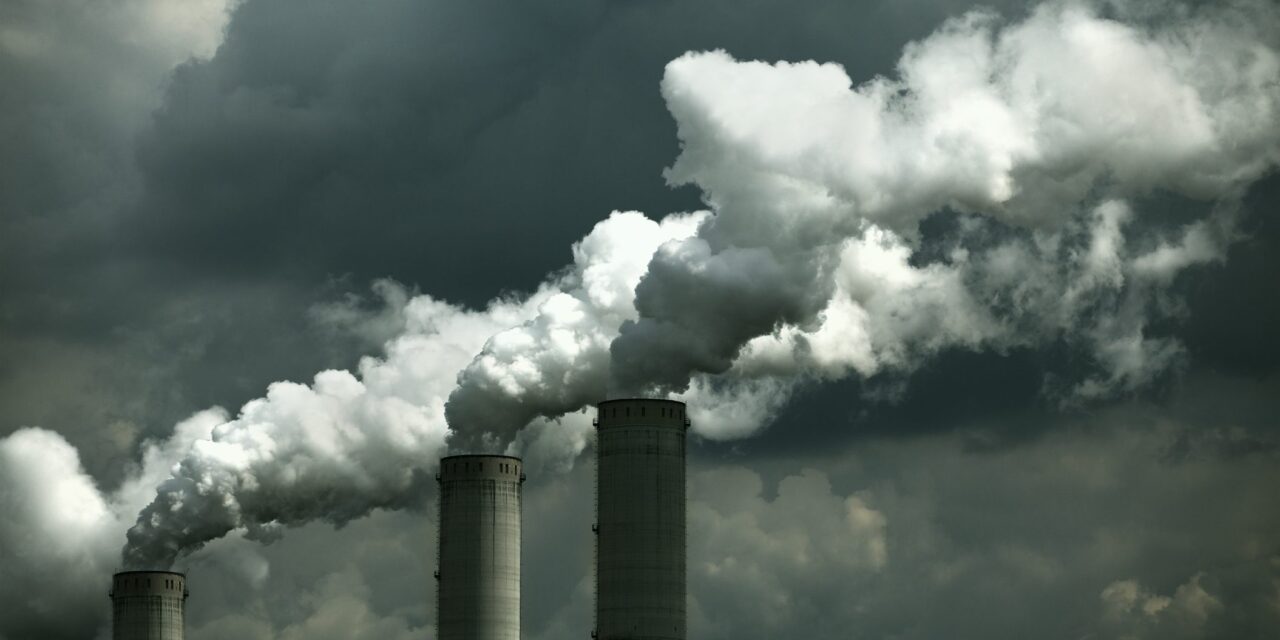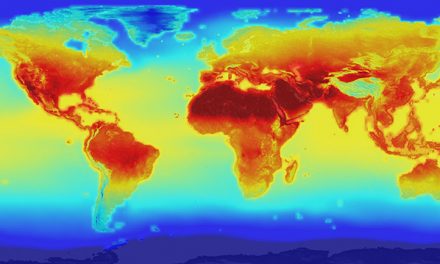(crossposted to Daily Kos)
Today, Bush announced that he is not going along with the rest of the G8 countries in fighting global warming:
In this article, three major themes appear:
- We’re doing a lot already!
- The science isn’t clear!
- The costs are too high!
Three sales pitches, each one fatally flawed. More below…
1) We’re doing a lot already!
That’s nice. Here’s what carbon dioxide levels looked like in prehistoric times (up to 150,000 years ago):

Note they bounce around between 200 and 300 parts per million (i.e., 200 to 300 grams of carbon dioxide per million grams of air). Also, the time scale is about 150,000 years, so even the large oscillations take 10,000 years or more to occur.
Here’s what things looked like in historic times (up to 1000 years ago):

A pretty sudden rise from about 290 to about 330 (or a little over 10%). Finally here’s what they look like in recent decades:

Up to 360 and still climbing…and even this graph stopped about 10 years ago. In 2004, the figure was 377 parts per million.
If you put all the graphs together on the same vertical and horizontal scales, you get:

Wow. As the creator of these graphs notes, “on the Vostok [150,000 year ice core] time scale, it’s a step change”.
From a geologic standpoint, the change is nearly instantaneous. It’s pretty clear that just getting a few states to reduce emissions isn’t going to do the job, especially as the rest of the world industrializes.
Bush reminds me of a small child, who, confronted with a messy room, picks up one toy, and then expects to be complimented mightily for the effort.
2) The science isn’t clear!
As usual, the U. S. gives too much credence to the outliers in the scientific discussion. Additionally, this paragraph indulges in what we computer geeks call FUD: Fear, Uncertainty, and Doubt. “We don’t know, and besides the other guys aren’t really that smart or knowledgeable, therefore you should be scared of doing anything”.
Let’s cut to the chase and tackle the FUD.
- The paragraph implies that climate researchers are too stupid to be aware of the effects of warm urban areas on global climate. This is a bit like assuming a chemist is too stupid to be aware of the effects of contaminated glassware on a reaction or an analysis. This sort of thing does happen, but only as a blunder by individuals, not as a systematic mistake by an entire field.
- If higher temperatures are an artifact of urban expansion, it’s hard to see how ocean surface temperatures have gone up, in tandem with land surface temperatures, at least in one part of the world. After all, the Earth isn’t Waterworld, at least not yet.
- As for clouds, their role is unclear. They can either add to or subtract from a warming caused by increased CO2. The whole tone of the passage sounds like “Yes, global warming may be a problem, but here’s something that may or may not cancel it out.” It’s very weaselly. In any event, put enough CO2 in the air and clouds don’t matter. This planet is permanently shrouded in clouds reflecting almost 80% of all light reaching it, after all.
I should point out this doesn’t mean Earth will get anything like Venus as a result of increasing CO2. In fact, that’s incredibly unlikely. Rather, it’s to say that not knowing is not an excuse either for inaction or for complacency.
3)The costs are too high!
It’s all about the money, isn’t it? Well, consider the following:
- Bush, like so many Republicans, will approach big business with remarks like these, and eventually throw around words like “free markets” and “free enterprise” without having a clue what they mean. One of the key requirements of a free market/enterprise system is no external costs. “Markets” are supposed to be voluntary. It is just as wrong to force outsiders (people not buying or selling your products) to bear unwanted costs as it is to force them to give you money (or other valuables). If it costs you, as a business or society, more to avoid these external costs, you are still obligated to bear those costs. This is true even if the costs jeopardize your business.
- What about the costs of the status quo? Who’s going to pay for:
- dikes to keep water out of Miami, New York, and Washington, D.C. (just in the U.S.)?
- mass evacuation of these places in event of severe hurricanes?
- creating a habitat for these, if the Arctic polar ice melts?
- relocating most of the population of this country after a couple centuries’ rise in sea levels?
You break it, you pay for it. It works in small shops, and it should work for the Earth as well.
Strike three! You’re outta here!






